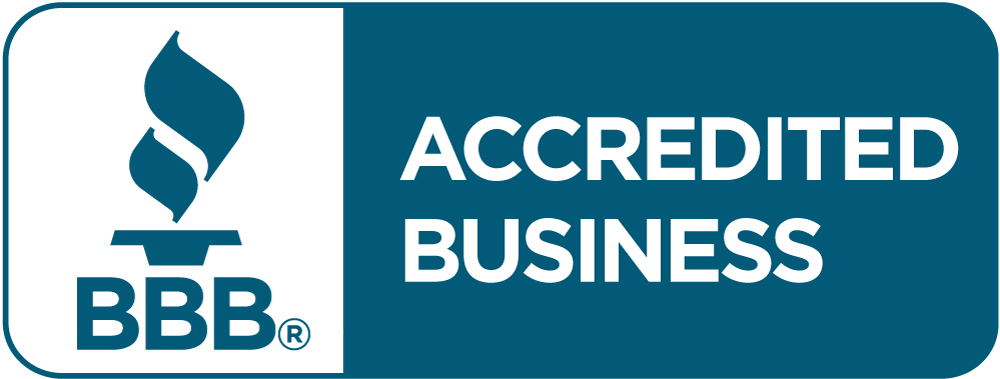Quick Links
ToggleThere’s a lot to think about when you’re running a business. If you’re like many small business owners, creating and updating a budget is probably not at the top of your “to-do” list. But it should be.
Understanding where your revenue is coming from and where it’s going is a key to business success. After all, you won’t be able to keep things going for long if you don’t have positive cash flow. The good news is, small business budgeting doesn’t have to be complicated. This simple guide will show you exactly how to create a small business budget so you can set yourself, and your business, up for success.
Why Do You Need a Small Business Budget?
When you have a small business budget, you’ll always know where you stand. You won’t have to worry about over-spending and you’ll be able to make informed decisions. Your budget will be a key factor in determining the answer to questions like whether to make major purchases, if it’s time to expand your business, or if you can afford to give yourself a bonus. This also greatly reduces the risk of spending more than you should or failing to make investments that will allow you to grow your business and remain competitive.
Create Your Business Budget in 6 Simple Steps
Having a detailed, accurate budget is easier than you might think. Follow these six steps to quickly create a budget that will help support your business decision-making.
1. Determine Your Income Sources
The first step to creating a small business budget is determining how much your business brings in each month and where the money is coming from. Start with your sales, then add in any other sources of income, like consulting fees or freelance projects.
2. Review Your Fixed Costs
Next, review your expenses that are the same every month. This may include things like your rent, payroll costs, and utilities. It’s a great idea to review your bank and credit card statements so you can make sure you don’t miss anything important.
3. Consider Variable Expenses
Variable expenses are costs that change from one month to the next. This may include things like shipping costs, travel expenses, or sales commissions paid to your staff. When you’re first getting started with your budgeting, it may be helpful to take an average of these expenses.
As you track your costs for longer, you’ll get a better idea of how your variable expenses fluctuate from month to month or season to season. This will help you make more accurate projections and budget accordingly.
4. Add in One-Time Expenses
Once you have a solid grasp of your monthly expenses, it’s time to think about any one-time expenses you have planned. For example, if you know you’ll need to buy new computers for your office, purchase a piece of equipment, or throw a holiday party for your employees each year, make sure you add the estimated cost of those expenditures in the month you plan to make them.
Planning ahead will help ensure you’re not blindsided by a sudden expense and that you have money set aside to cover the cost.
5. Give Yourself a Buffer
One golden rule of business is to expect the unexpected. Adding a bit of a cushion to your budget will help you when things come up. You never know when you’ll need to repair a broken piece of equipment, hire an IT consultant to handle a security breach, or deal with another costly issue. Padding your budget from the beginning will help make these problems feel like less of a crisis.
6. Set Spending Goals
An effective budget is about more than just adding up your income and subtracting your expenses. To make sure your business thrives, you’ll want to use the information you’ve gathered to create some goals.
This will help you spend money in the right places and avoid spending it on things that don’t move your business forward. For example, if you’re paying a fortune for magazine ads that aren’t bringing in revenue, this money may be better spent on a digital marketing campaign or sales training for your staff.
Use Your Budget to Make Informed Decisions
As you get used to small business budgeting, you’ll quickly find that the results are well worth the time it takes. Once you have a budget in place, it’s also easy to identify areas where you’ll want to make investments and forecast any income shortages.
If you find that your business needs a cash infusion, a small business loan may be exactly what you need. Zinch offers fast and easy loan options for small business owners. Contact us at (714) 500-6622 to learn more about your options. You could qualify for up to $250,000 in just 24 hours.










